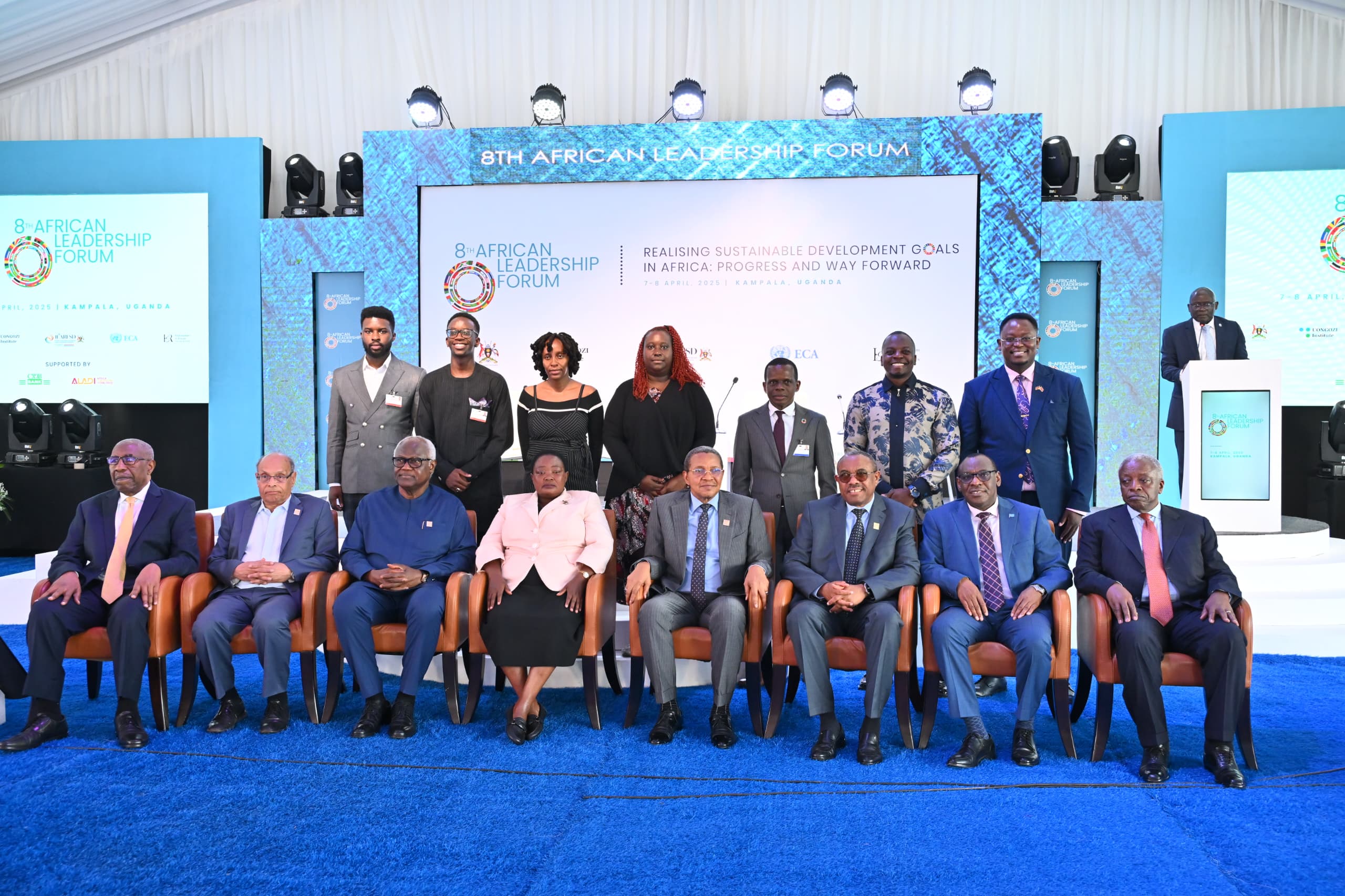
The 11th Session of the Africa Regional Forum on Sustainable Development (ARFSD-11) concluded at the Speke Resort Convention Centre in Munyonyo, Kampala, bringing together a powerful coalition of African leaders, policymakers, and development partners. The forum served as a crucial platform to accelerate progress on the 2030 Agenda for Sustainable Development and the African Union’s Agenda 2063.
Under the theme “Accelerating the Implementation of Agenda 2030 and Agenda 2063,” ARFSD-11 facilitated critical discussions on assessing progress, sharing innovative solutions, and forging strategic partnerships to drive Africa’s sustainable development.
Uganda’s President Yoweri Kaguta Museveni delivered a compelling keynote address, emphasizing economic transformation through industrialization. “Africa must stop exporting raw materials and start adding value,” President Museveni asserted, highlighting Uganda’s advancements in agro-processing, manufacturing, and mineral beneficiation as crucial drivers of job creation and economic growth.
He further underscored the importance of “Energy and infrastructure as non-negotiable,” citing Uganda’s investments in roads, electricity, and digital connectivity as enablers of development. President Museveni also advocated for stronger intra-African trade, stating, “The AfCFTA must work for Africans,” to reduce reliance on foreign markets and bolster continental self-reliance.
Uganda’s Prime Minister Robinah Nabbanja focused on the imperative of “leaving no one behind,” outlining Uganda’s strategies for social protection and climate resilience. “Poverty eradication requires targeted interventions,” Prime Minister Nabbanja emphasized, highlighting programs such as the Parish Development Model, designed to support grassroots economic empowerment. Recognizing the vulnerability of agricultural communities, she acknowledged that “Climate change is hitting our farmers hardest,” and detailed Uganda’s investments in climate-smart agriculture and early warning systems to protect livelihoods.
Prime Minister Nabbanja passionately advocated for the empowerment of marginalized groups, stating, “Women and youth must be at the heart of development,” and pointed to initiatives aimed at improving access to education, healthcare, and finance.
Mr. Claver Gatete, Executive Secretary of the United Nations Economic Commission for Africa (UNECA), stressed the need for evidence-based policies and innovative financing to achieve sustainable development goals. “Without data, we are flying blind,” Mr. Gatete stated, urging African nations to strengthen their SDG monitoring systems for effective progress tracking.
He highlighted the transformative potential of “Digital transformation to leapfrog development,” advocating for the strategic use of technology for inclusive growth. Addressing the issue of financial losses, Mr. Gatete noted that “Africa loses billions to illicit financial flows,” and called for urgent action on tax reforms, improved debt management, and increased green investment to close the $194 billion annual SDG financing gap.
Uganda’s pledge to establish an SDG Industrialization Fund to boost local production. UNECA’s launch of a Continental Data Hub for real-time SDG tracking. A joint declaration urging faster AfCFTA implementation and climate finance mobilization.
As Africa moves toward ARFSD-12 in 2025, the focus will be on scaling up industrialization and trade under AfCFTA Strengthening climate adaptation and green energy and enhancing data systems for accountability
